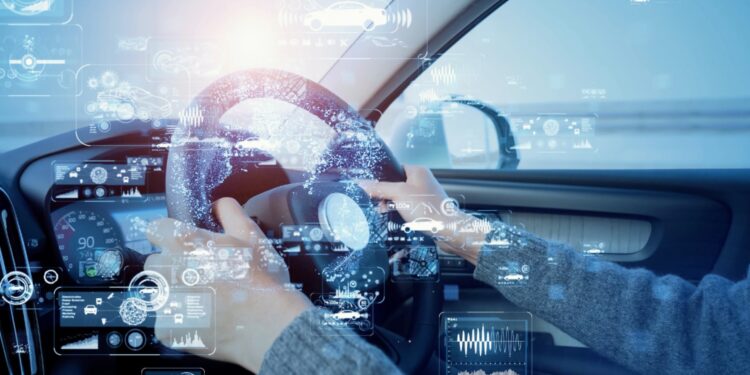As connected cars rapidly transition from novelty to mainstream, a new analysis report for 2025 highlights the critical focus of global regulations on safeguarding these digitally intertwined vehicles.
The “Global Connected Car Regulations Analysis Report 2025” underscores an intensifying effort by governments worldwide to establish robust frameworks around cybersecurity and data privacy, acknowledging the immense risks inherent in a future where cars are essentially “data centers on wheels.”
The report emphasizes that the proliferation of 5G connectivity, Vehicle-to-Everything (V2X) communication, and over-the-air (OTA) software updates, while enhancing user experience and safety, simultaneously expand the attack surface for malicious actors. Incidents of automotive cyberattacks are on the rise, with a 39% year-over-year increase globally, highlighting the urgent need for complete regulatory measures.
A key takeaway is the push for harmonized standards, although significant discrepancies still exist across regions. Europe, with its stringent General Data Protection Regulation (GDPR), continues to lead in data privacy, requiring explicit consent for data processing, enforcing data minimization, and granting individuals greater control over their information.
The UNECE R155 and R156 regulations are also pivotal, mandating cybersecurity management systems (CSMS) for vehicle manufacturers to secure vehicles throughout their lifecycle.
In contrast, the United States still navigates a fragmented regulatory landscape, often relying on industry-led guidelines and general consumer protection laws. However, a proposed rule by the US Department of Commerce to ban connected vehicles using certain foreign hardware or software signals a growing awareness of national security implications.
The report also sheds light on the sheer volume and sensitivity of data collected by connected cars – from geolocation and driving behavior to biometric identifiers and in-vehicle communications. This necessitates clear policies on data ownership, transparency, and consent, ensuring that consumers are not unknowingly surrendering their privacy. Companies are being urged to implement “privacy by design” and robust encryption protocols to secure this highly personal information.
Looking ahead, the report predicts continued evolution in regulatory frameworks, with a strong emphasis on addressing supply chain vulnerabilities, securing EV charging infrastructure, and developing AI-powered threat detection systems.
The overarching goal is to foster consumer trust and ensure the safe and secure adoption of connected and autonomous vehicle technologies, navigating the digital highway with caution and clear rules of the road.










![Online Scam Cases Continue to Rise Despite Crackdowns on Foreign Fraud Networks [Myanmar] Online Scam Cases Continue to Rise Despite Crackdowns on Foreign Fraud Networks [Myanmar]](https://sumtrix.com/wp-content/uploads/2025/06/30-12-120x86.jpg)





